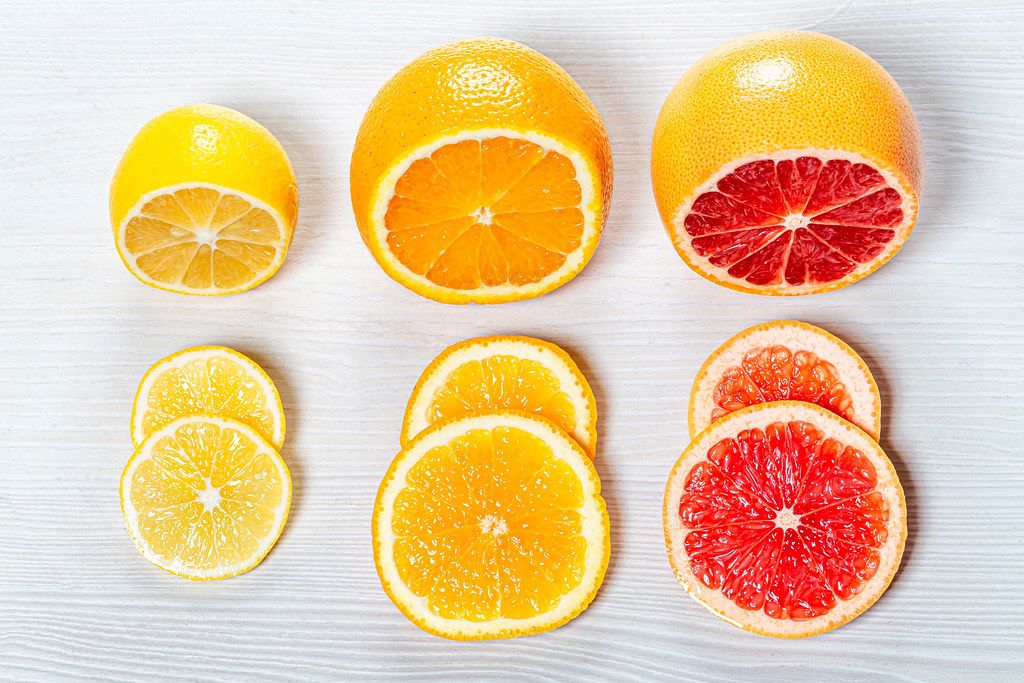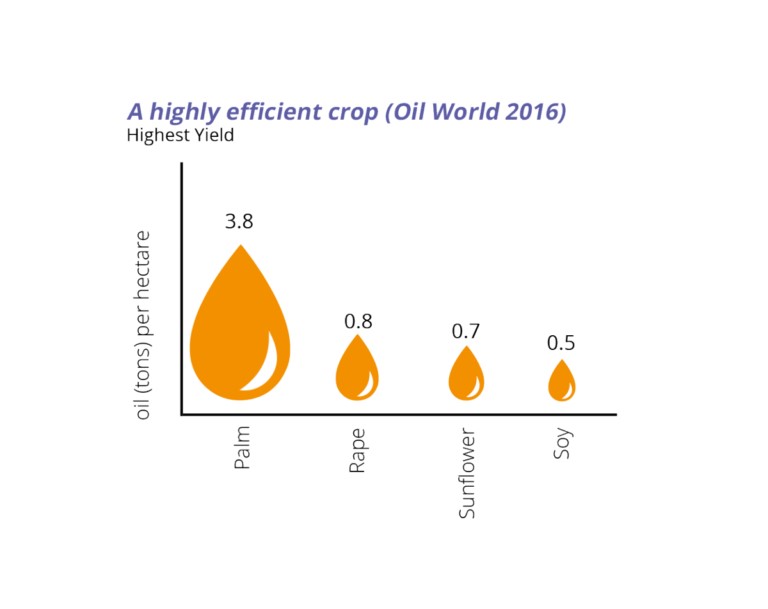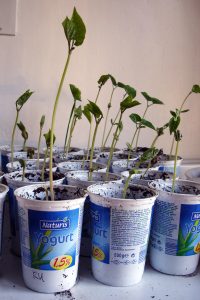Our guest blogger, Mia Hughes is back to explore the topic of sustainable flavourings using chemical biology.
Grapefruit flavouring is in high demand around the world, for use in cakes, sweets, ice-cream and more. I myself consider a glass of grapefruit juice a refreshing treat. However, you may not know that grapefruit flavouring is actually one of the most expensive to produce in the world. This all comes down to the chemical compound Nootkatone, which gives grapefruit its flavour. A staggering 400,000 Kgs of Grapefruit are used to produce just 1 Kg of Nootkatone. This makes it hard to naturally source and in short supply. Researchers at Oxford Biotrans have responded to this issue by developing a new, sustainable way to produce Nootkatone – from oranges!


